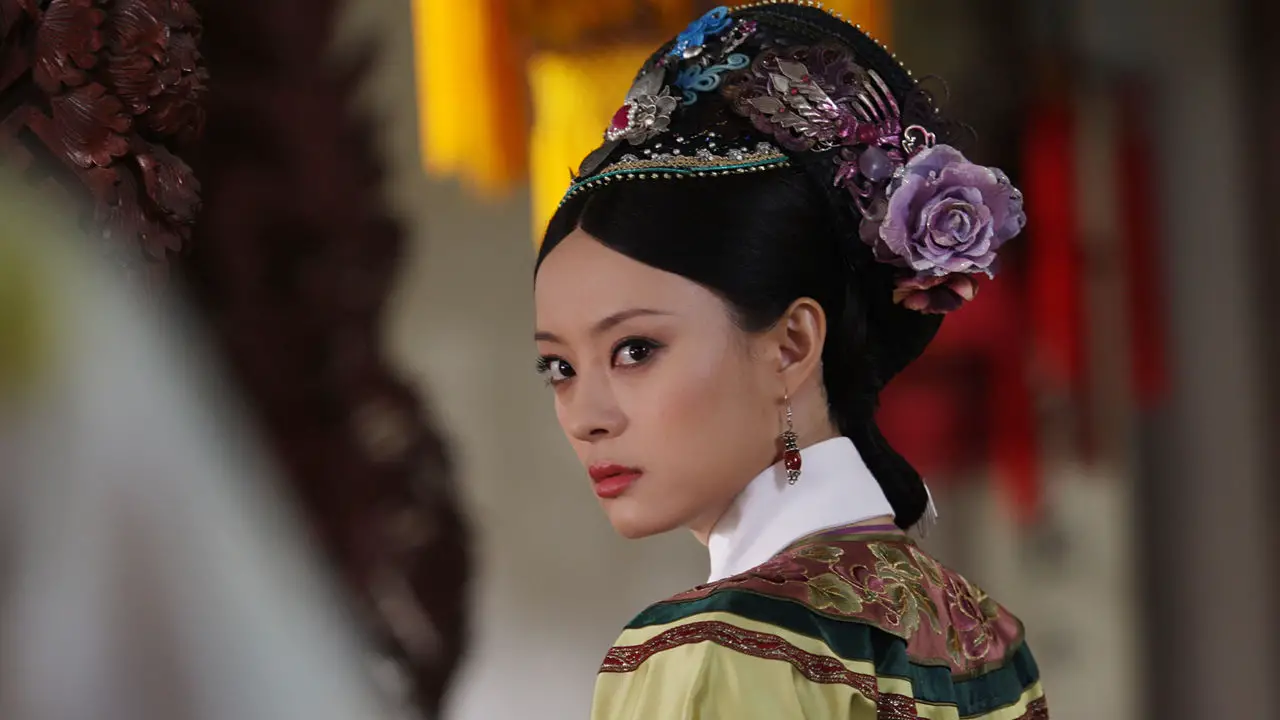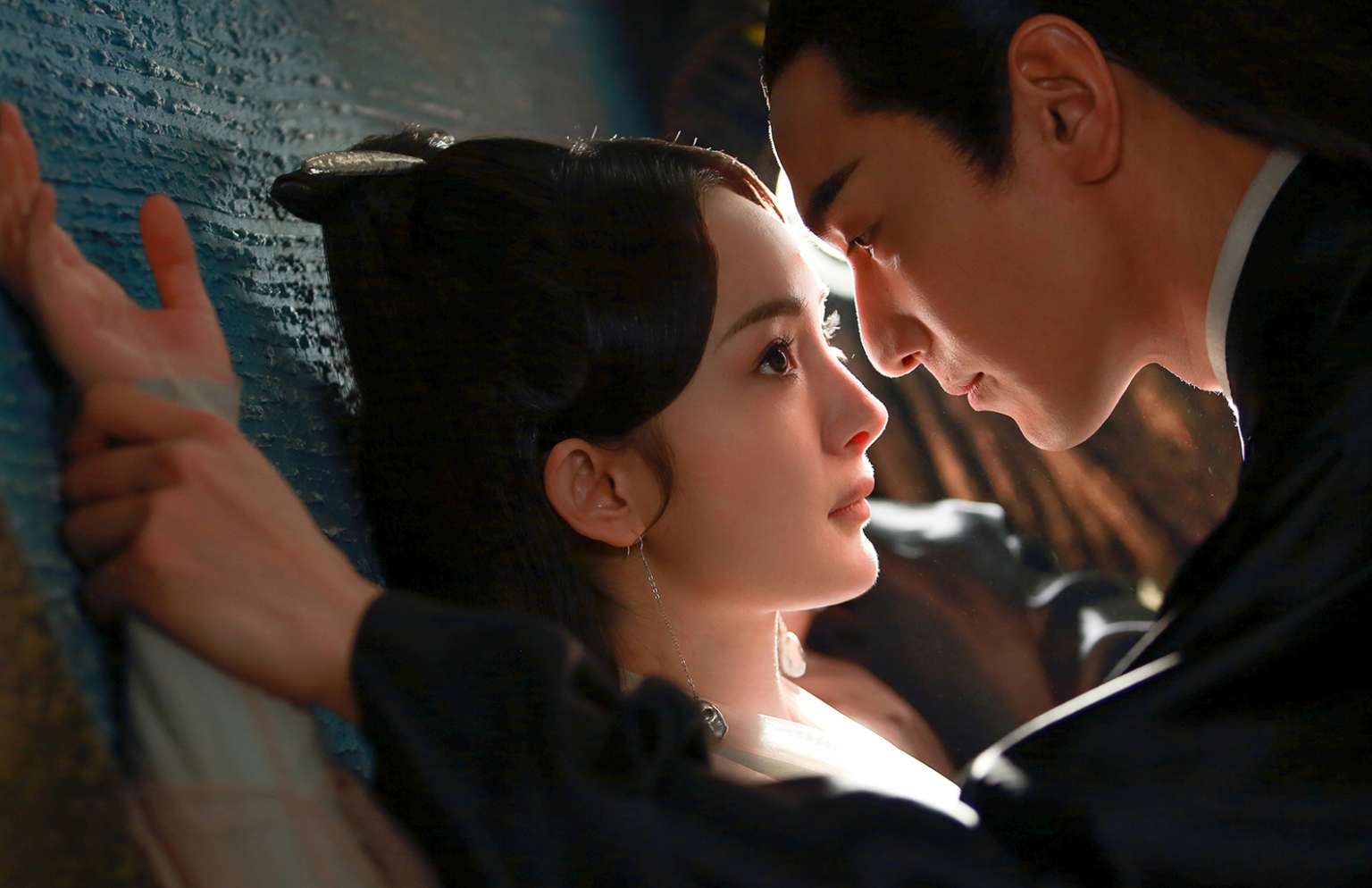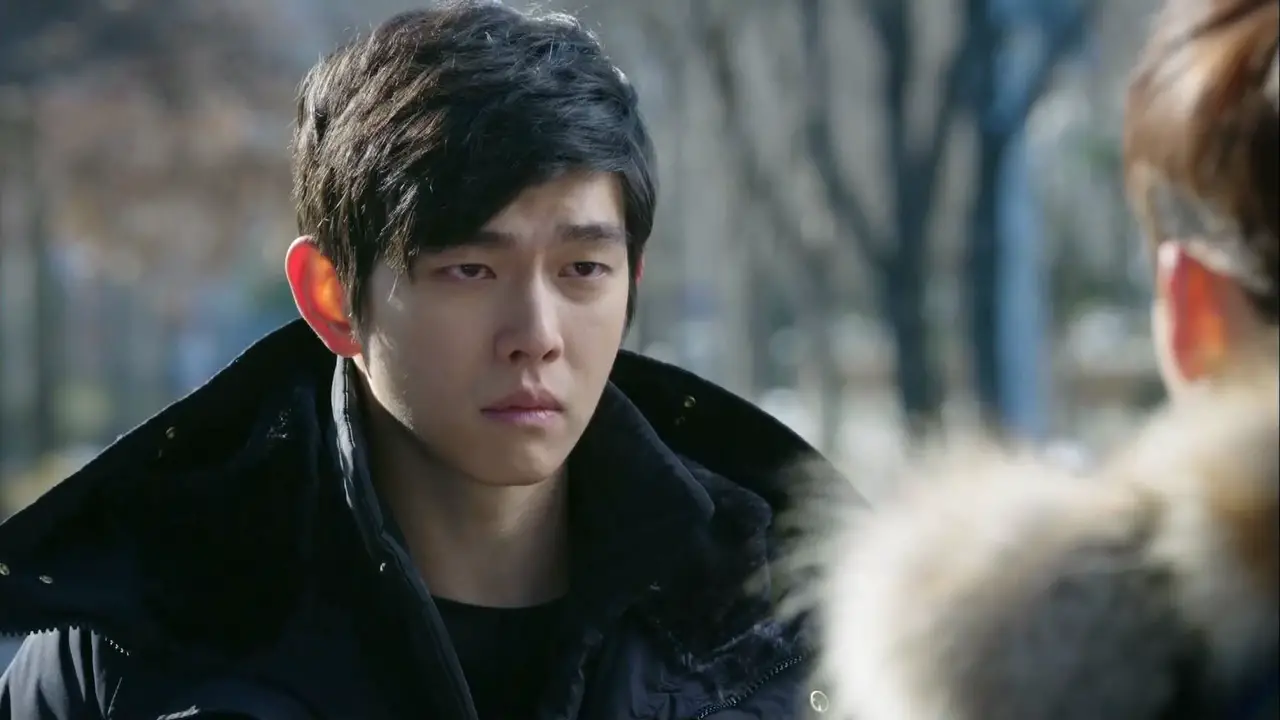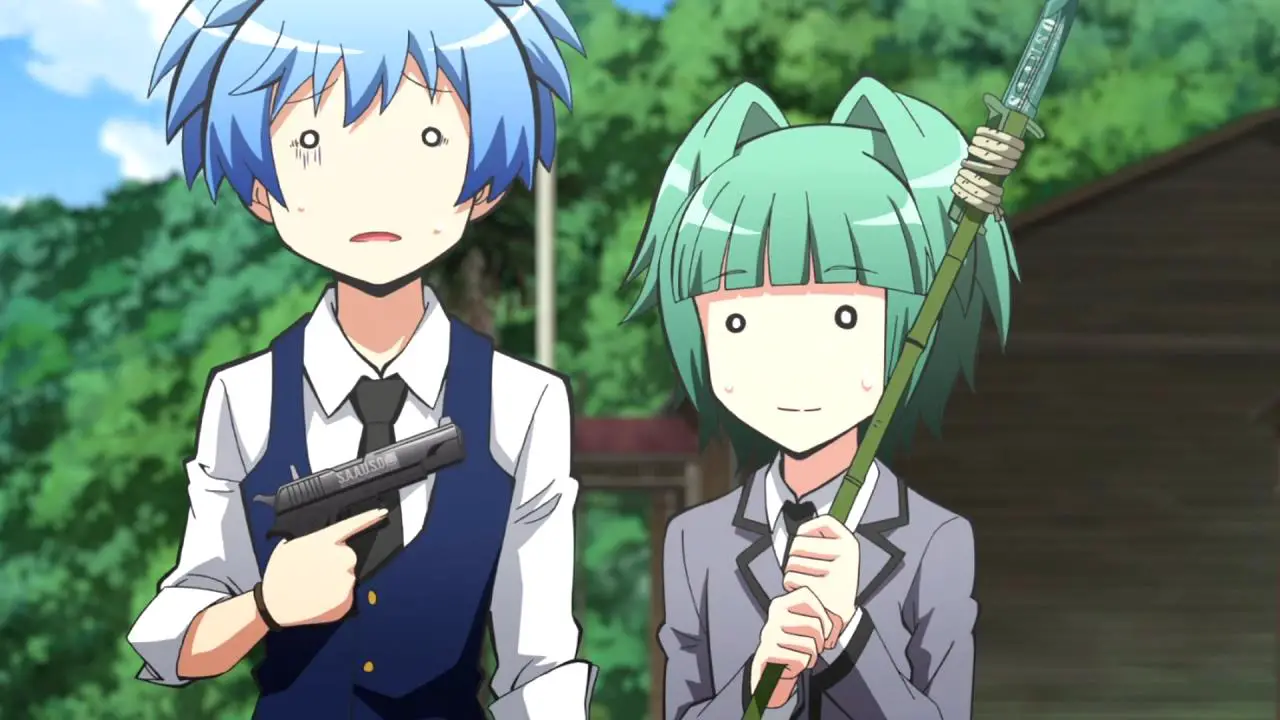“Westworld,” “The Big Bang Theory” and “The Handmaid’s Tale” have become just a few favorites for binge-watchers, but have you ever wanted to get out of the American bubble and watch something else?
Here are some high-quality Asian dramas that will not only entertain you after a long week, but also give you a deeper understanding of Asian countries.
1. “Empresses In the Palace” (or Legends of Zhen Huan)
This immensely popular 2011 Chinese drama follows the story of Zhen Huan (Li Sun) as she transformes from a young and innocent concubine into the most powerful woman in the Qing imperial palace.
Tales of beautiful women battling to the death with weapons of seduction, manipulation and treachery in the imperial harem have long been popular in Asian countries and Asian dramas. However, they are not as popular with American audiences.
It makes sense that this type of Asian drama is not popular here. First of all, Americans tend not to be interested in the history of the imperial rule in Asian countries. Also, stories involving a group of women fighting each other for a powerful man’s attention seems like a petty, if not offensive, source material for entertainment in today’s political climate.

However, when you watch the series you realize they are not about men at all. The show puts female desires and struggles on center stage. The women’s wants, needs, actions and decisions are what drive the stories.
In a strange way, these modern shows, such as “Empresses In the Palace” are giving the voice back to the oppressed women from hundreds and thousands of years ago. Watching the concubines condemned to fight over the emperor is like watching animals being forced to fight in a cage, it makes you realize deeply how evil the cage is.
Part of what “Empresses In the Palace” does is examine the imperial, patriarchal power that imprisons women. Although it does not do so explicitly, the drama also provokes the audience to think about how the same power imprisons the millions of civilians outside the palace.
Among the countless imperial harem dramas that have come out since 2011, none could overthrow the place “Empresses” occupies in Chinese people’s hearts. It was an instant favorite when it first came out and has also gained international fame.
The original extended version of “Empresses In the Palace” has 76 episodes (45-minutes each). Unfortunately, there doesn’t seem to be an English version of the original. A six-episode (90 minutes each) shortened version of Empresses of the Palace is available on Viki.
2. “Eternal Love” (or Three Lives, Three Worlds, Ten Miles of Peach Blossoms)
The 2017 Chinese series “Eternal Love” is a fantasy romance drama, based on a popular online novel, which broadcasts a love story about two gods, Bai Qian (Mi Yang) and Ye Hua (Mark Chao), who meet in three different lives and three different circumstances.
In this story, the gods have to experience great tragedy in their lives in order to gain prowess and become a higher-level god. The tragedies are pre-destined in their lives and are unavoidable. The greatest tragedy, as well as the greatest love, that happened to Qian and Hua are each other.
Fantasy novels and dramas are popular in China, with “Eternal Love” being one of the most popular and well-received in recent years. Like many other fantasy novels, it is influenced by Chinese religion and mythologies. The characters are loosely based on Daoist gods and the plot is influenced by ancient mythologies.

Similarly to how “The Hobbit” and “The Lord of the Rings” are influenced by medieval literature and myths, “Eternal Love” is also a distinctive product of its society’s culture and history.
The aesthetic of the show is also stunning. Every frame looks like it is actually filmed in the paradise that Qian and Hua is said to live.
The show is available on NewAsianTV.
3. “Pinocchio”
“Pinocchio” is a Korean drama that managed to make an exciting show out of journalism.
The drama starts with Choi Dal-Po (Lee Jong-Suk), a happy child who’s peaceful family life is ruined by reckless journalists after they spread vicious rumors about his father. After he grows up he starts a career in journalism and dedicates his life to spreading the truth — but telling the truth is not as easy and straightforward as he had once thought.
Not only does he face obstacles from the outside world, such as powerful people with dirty secrets and network ratings, but he also faces obstacles within himself. He soon finds that the truth is elusive and there is a hefty price to be paid for telling it. Although the show came out four years ago, the topic it deals with seems more relevant than ever. Its original intention were to reflect problems in Korea’s journalism industry, but it is also a good prevalent in the U.S.

With the plot moving so quickly, you can’t help but stay on the ride with Dal-Po as he strips away the veils that hide the cause of his family’s tragedy from 13 years ago.
4. “Assassination Classroom”
What would happen if you needed to assassinate your teacher — a yellow octopus monster who is going to destroy the world at the end of the semester?
“Assassination Classroom” is a quirky anime show that is thrilling, funny, heartwarming and heartbreaking simultaneously.
The 2015 Japanese series was adapted from manga of the same name. Despite its interesting setup, the show is essentially about the relationship the monster teacher Koro-sensei (voiced by Sonny Strait in the English version and Jun Fukuyama in the Japanese version) has with his students.

The show enters into an academically rigorous and highly competitive junior high school. For mysterious reasons, the invincible octopus monster, who is going to destroy the world, asks to be the teacher of class 3-E. In exchange he promises to give the students in 3-E a chance to kill him and save the world.
Koro-sensei’s students from class 3-E are students with the worst grades who are looked down upon by the rest of the students and school administrators. So, the classroom’s mission is not only to kill their teacher, but also get good grades on the next exam.
“Assassination Classroom” reflects the cruel academic environment that Japanese students and many other students in Asian countries live under. Grades dictate the students’ self-worth and their future. The anime expertly depicts the stress and inferior treatment the “bad” students are placed under.
Koro-sensei is a surprisingly effective teacher who is attentive to all of his students. He values them as humans instead of numbers on exam pages, while helping his students become better people on top of getting better grades. The endearing message of the show seems to be that every student deserves a teacher just like Koro-sensei.
But as the end of semester approaches, do the students of 3-E class actually kill their beloved teacher? You can find out for yourself on Hulu, Crunchyroll, or Funimation.
















